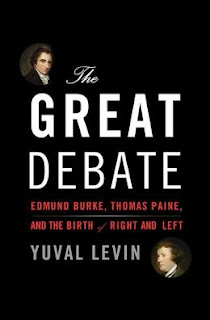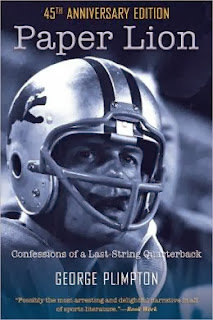 Robin Etherington is a comic book creator. He tagged his top ten graphic titles for the Guardian, including:
Robin Etherington is a comic book creator. He tagged his top ten graphic titles for the Guardian, including:Calvin and HobbesRead about another entry on the list.
One of the greatest friendships ever depicted on the page. A boy and his imaginary/real tiger, more adventures than you can shake a stick at, gags piled on gags and big ideas perfectly captured in the simplest form. This is a comic that you will love forever. The complete collection in paperback contains every strip every created, which should keep even the most avid reader busy!
--Marshal Zeringue










































